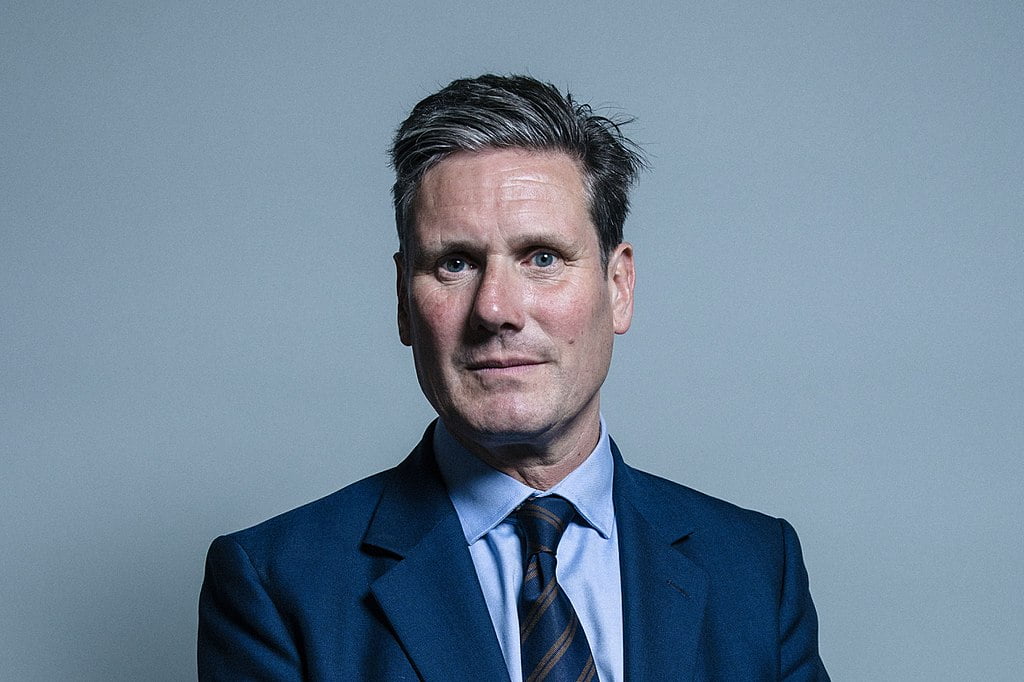When Starmer was first elected leader of the Labour Party I had quietly hoped he might be a politician with Corbyn’s values and Blair’s political instincts. Despite my admiration for, and identification with the cause of Corbyn’s Labour, I thought this wouldn’t necessarily be a bad result. After a year, it’s obvious that we have in fact landed ourselves a leader with Corbyn’s political instincts and Blair’s values.
The idea that Labour’s loss of Hartlepool had anything to do with Corbyn (who the good people of the town voted for in both 2017 and 2019) is nonsensical. It is a harsh but fair judgement on a leader who could not bring himself to support a rise in corporation tax, a leader who could not bring himself to call for more than a meagre 2.5% raise in nurses’ wages, a leader who insists on learning nothing from his predecessor, who, despite his many faults, saw Labour’s biggest increase in vote share since 1945.
Corbyn’s path to power always seemed clear to me. It relied on him galvanizing young people, the LGBTQ community, people of colour and the new precariat class. This strategy proved highly effective in 2017, although it never quite got him to power. The point is, however, that the route was visible. I simply do not know what Starmer’s route is. I don’t know who he appeals to. The middle-class urban Europhiles who should be his base appear increasingly alienated, which perhaps explains the success of the Green Party and the Liberal Democrats in the recent council elections.
Worse than all of this, however, is Starmer’s apparent lack of interest in utilising what is already at his disposal. Thanks to Corbyn, Starmer inherited a party with a built-in infrastructure of volunteers ready and willing to contribute tangibly to election efforts, people up and down the country with passion for and faith in social democracy. But Starmer has sidelined these people, facilitating a mass exodus of the party membership. The truth of the matter is that whilst Corbyn didn’t win with them, it will be very hard for a Labour leader to win without them.
Starmer cannot even seem to learn from his trans-Atlantic peers. Although in some key areas, President Biden has exceeded expectations, the overall scope of his Presidency casts him as the manager of capitalism’s decline, plastering endless amounts of band-aids on to a body politic which is bleeding out. His insipid neoliberalism does nothing to address the existential threat of, for instance, climate change. But the galling part is that his vision is significantly richer and more inspiring than Starmer’s and, electorally speaking, it worked.
Those who positioned themselves around Starmer’s leadership did so under the guise of being ‘the sensible grownups in the room’, those who would restore order and competency to Labour Party operations. If this is their stated aim, they have a long way to go. The centrist media class who, in the wake of Starmer’s ascension, fawned over him, describe a world which is unrecognisable. They are, to coin a phrase, stuck in the past. They don’t analyse society as it exists now, but rather offer up delusional prayers for how they wish it to be. Comedian and centrist-mouthpiece-for-hire Matt Forde’s recent claim that Corbyn’s leadership was ‘the worst moment in Labour’s history’ while a million innocent Iraqis will never breathe again demonstrates how, far from being the mature wing of the party, these people have a contempt for the left which bypasses any reason or sense.
The truth is Britain has changed. The Conservatives recognise this. Even before the pandemic, the Prime Minister was offering up plans for generous amounts of public spending and investment, flying in the face of 2010 Tory austerity. This shift of the economic Overton window to the left is perhaps the most significant effect of the Corbyn era, and demonstrates that people are no longer satisfied with the answers that the free-market provides. Class distinctions have reoriented themselves. The Millennial Deliveroo driver in London should be just as much a part of Labour’s base as the ex-miner in the de-industrialised North. Starmer seems unwilling to capitalise on this, and is intent on chasing a voter who may never support Labour again, who may not even exist. What gains the left has made in terms of winning the economic argument, the right has neutralised by their decisive victory in all issues cultural. The fact that Starmer seems reluctant to support Black Lives Matter, or the human rights of Palestinians, should be of deep and profound concern, and he is enfeebled by the Tories’ dystopic ‘war on woke’.
We don’t have time for deliberation. This is a vital historical moment. The pandemic gives us an opening to discuss the injustices at the root of our country and how we might rebuild a more equitable means of social organisation as we emerge from it. The left has to be bold, strategic and principled. If that means abandoning the Labour Party as an ossified corpse, incapable of delivering the kind of radical policies that are sorely needed, then we should do so unsentimentally. But if there is an opportunity within the party to wrench it from the grasp of the ineffectual and directionless zombies currently in control, then we must seize on this.
The fight against COVID-19 is nearing its end.
We’ve won the war, now let’s win the peace.





Comments